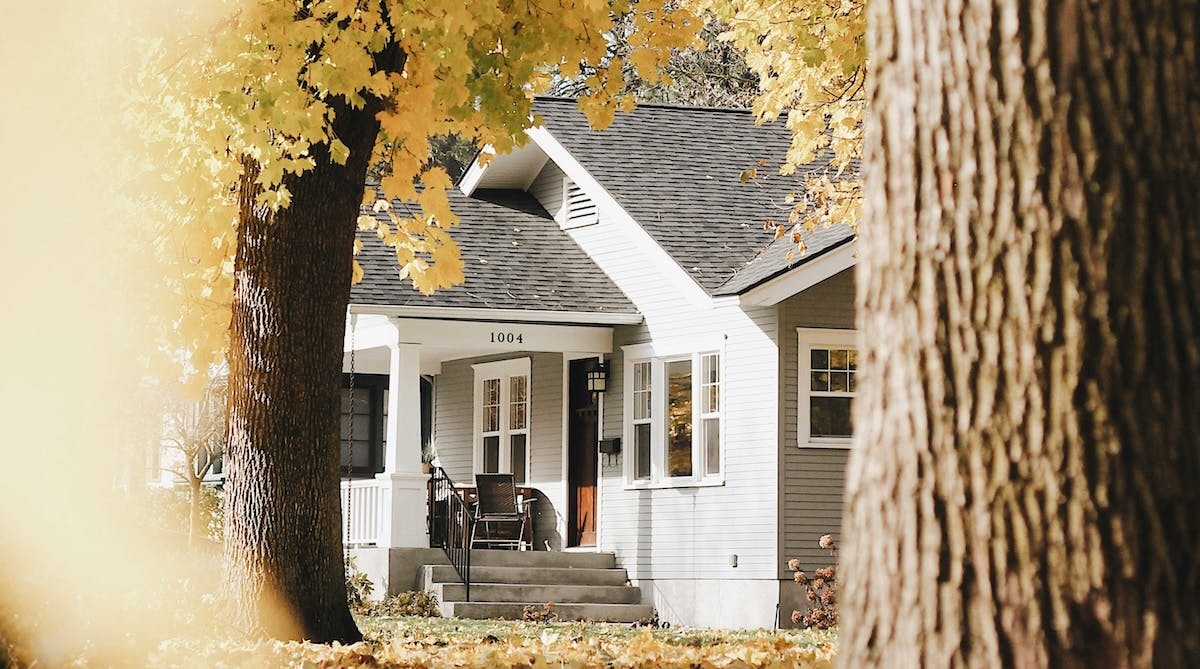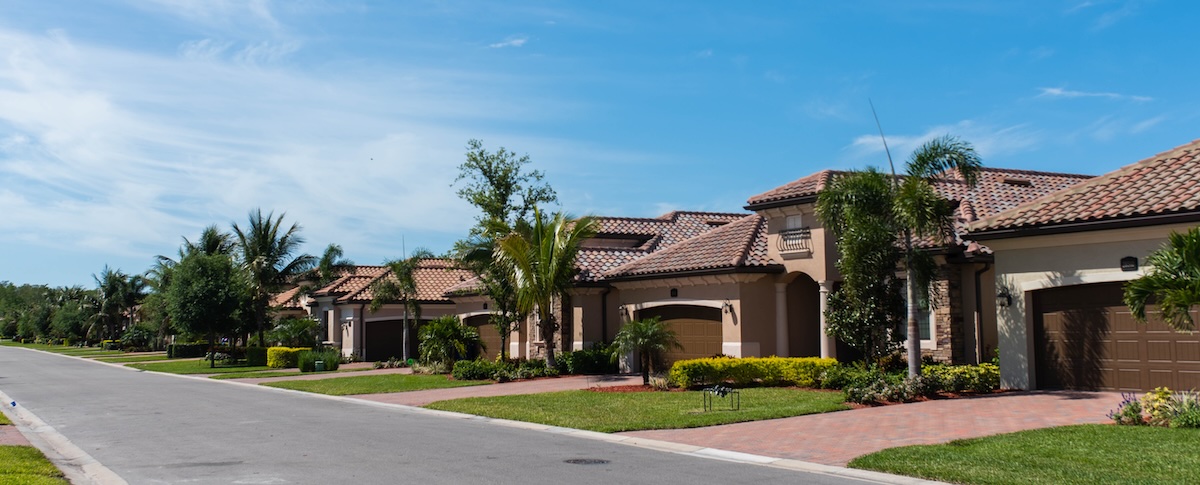Legal & Regulatory
Washington
5 New Laws Washington State Landlords Should Be Prepared For in 2024
Last Updated Feb 5, 2024


Washington state passed so much housing legislation in 2023 that it became dubbed “the year of housing” in the state. While most of these initiatives became law six months ago, it’s 2024 where homeowners will most feel their effect.
Staying across legal changes in Washington state can help you avoid being on the wrong side of tenant-landlord laws in your jurisdiction. Many changes are taking place at a local level too, so what is accurate in Seattle may not apply in Snohomish or Spokane.
From new rules on security deposits and rent increases to evictions, here are 5 things that landlords in the state of Washington need to be aware of in 2024.
5 things Washington state landlords should know about in 2024
1. Security deposit laws have changed in Washington state
Legislation: Title 59 Landlord and tenant law
Changes came into effect: July 2023
If you have residents due to move in or out in 2024, be aware that security deposit rules have changed under Washington state landlord-tenant laws.
Now when you collect a security deposit, you will need to give the new tenant a written checklist that outlines the cleanliness of the rental home and any existing damage. This checklist will need to include descriptions of the condition and cleanliness of:
- Walls, paint and any wallpaper or coverings
- Carpets, tiles and flooring
- Appliances
- Any furniture in the home
Both you and the tenant will need to sign and date the agreement and you must provide them with a copy. If you don’t, the tenant could take legal action, including suing for the deposit amount plus costs.
If you have a tenant vacating in 2024, be aware of the following updates to security deposit regulations:
- You have 30 days to return the security deposit or provide a written statement outlining why you need to keep money to repair or clean damage outside of regular wear and tear. This is an increase from 21 days.
- If you are claiming any of the deposit, you will need evidence of the costs to clean or repair any damage. Make sure you include quotes or invoices in your written statement, do not write “extra cleaning: $250” unless you have a cleaning invoice for this amount.
- If you intend to make repairs yourself, you must document time the work took, along with a reasonable hourly rate in place of an invoice to use as evidence.
- If you don’t have a written explanation of the expenses needed within 30 days, you lose your right to keep the deposit money. More time may only be granted in extenuating circumstances.
- You can not keep any of the security deposit for “wear and tear” on the rental home or any breakages that happen as a result of ordinary use (e.g. carpet staining due to foot traffic).
- Any deductions from the deposit must be due to negligence, carelessness or intentional destruction by the tenant or their guests.
- Undocumented costs (such as minor cleaning or repairs from wear and tear) can not be reported to other landlords, tenant screening agencies or any consumer reporting agencies.

2. ADUs will soon provide another opportunity for rental income
Legislation: House Bill HB1337
Changes came into effect: July 2023
Many localities in Washington state had restrictive laws on Accessory Dwelling Units (ADUs) before 2024. For example, an ADU may need to be attached to the primary dwelling in some cities. This limited any opportunity for homeowners to build a detached ADU for rental purposes.
The City of Seattle shifted their rules to provide more diverse housing options and thanks to statewide reform, other governments need to follow suit. This change means that homeowners will no longer be required to live in the primary residence and that ADUs are allowed to be detached from the home.
This gives homeowners more options to create a rental on their property. For example, if a couple wishes to downsize after their kids move out, they could build a detached ADU on their existing property and rent out the main home to create a stream of passive income in retirement.
These revisions started in July 2023 and need to take place within six months of each GMA or cities required update period, so check with your local municipality for more information on where you stand in 2024.
3. Washington state eviction laws are changing
Legislation: Various including SB 5197 for remote hearings and local updates
Statewide, in 2024 landlords and tenants will be able to request that their eviction hearing is held remotely. The courts will need to grant a request unless there is a reason for needing them to attend in person.
At a city level, eviction laws are evolving and vary greatly, particularly in areas such as Seattle and Tacoma — so be sure to check with your local county before proceeding. For example, in some cities you are not permitted to carry out an eviction during the school year if any of your residents are students or educators. There are also restrictions around evictions during cold weather, preventing people from being unhoused between November 1 and April 1.
Read More: 9 Homeowner Questions Answered On The Eviction Process in Washington State

4. The City of Tacoma enacted a tenant bill of rights
Legislation: Measure No. 1 or ‘Landlord Fairness Code Initiative’
Changes came into effect: 8 December 2023
In November 2023, a new ballot initiative was approved in the City of Tacoma by a razor-thin margin. Known as ‘Measure No. 1’, it created a ‘landlord fairness code’ that changes the requirements around rent increases, move-in costs, pet fees, late fees, evictions, relocation assistance and health and safety requirements. This is further to the Rental Housing Code, which was also updated in July 2023. You can learn more at the City of Tacoma website, but if you own a rental home in Tacoma, be aware that:
- There are new notice requirements before increasing rent, with the first notice required between 210 and 180 days prior to an increase
- If you enact a rent increase above 5% or more and your tenant can no longer afford to live in the home, you will be required to pay relocation assistance equivalent to 2-3x the monthly rent (depending on the size of the rent increase)
- Late fees cannot exceed $10 per month
- The total fee for all move-in costs cannot exceed one month’s rent
- A pet deposit cannot exceed 25% of first months’ rent and must be refundable if no pet damage is found
- New eviction measures as mentioned in the previous section of this article
Tacoma is the latest city to introduce these measures after the City of Bellingham made changes to their rent increase and relocation assistance laws in March 2023.
5. Statewide reforms are still on the table
Housing is still very much on the 2024 agenda in Washington state politics. A housing density bill has already passed and is heading to the Senate for consideration, allowing a shake up of zoning laws to allow more homeowners to split their lots.
Rent stabilization is another hot topic under consideration. Different from rent control, there are many groups pushing for rent increases to be more closely linked to inflation. At the time of writing (Jan 2024), House Bill 2114 is in committee to look at rent stabilization by limiting rent and fee increases, security deposits and measures similar to those recently introduced in cities like Seattle, Tacoma and Bellingham.
Wherever your home is located in Washington state, be sure to double check for any updates to local laws before passing on rent increases or proceeding with an eviction.
Belong guarantees rent and offers eviction assistance
Belong PRO homeowners don’t have to worry about constantly changing regulations, as our team of experts do all the work for you and are available 24/7 to answer any questions.
Belong homeowners earn guaranteed rent, paid to them each month even when residents are late to pay. And, in the unlikely event that residents must be evicted, Belong assists with the process so homeowners are never left stuck in the confusing legal system on their own.
Interested in learning more about Belong PRO services and availability in Washington state? Check out one of our local pages below:
- Seattle Property Management
- Bellevue Property Management
- Spokane Property Management
- Kirkland Property Management
- Redmond Property Management
- Tacoma Property Management
- Everywhere else!
Disclaimer: This article is not intended as legal advice. Your local city is the best place to find information on local ordinances that apply to you and your rental property. In an effort to flip outdated property management on its head, we prefer to use the terms ‘homeowner and resident’ over ‘landlord and tenant’. But as this article discusses legislation, we have stuck to the old monikers.
About The Author
Melanie Kershaw
Mel Kershaw is a Content Lead at Belong. With an extensive background working with technology companies including Eventbrite and Yelp, she’s always looking for ways to create educational and informative articles that simplifies tech and solves problems for her audience.




